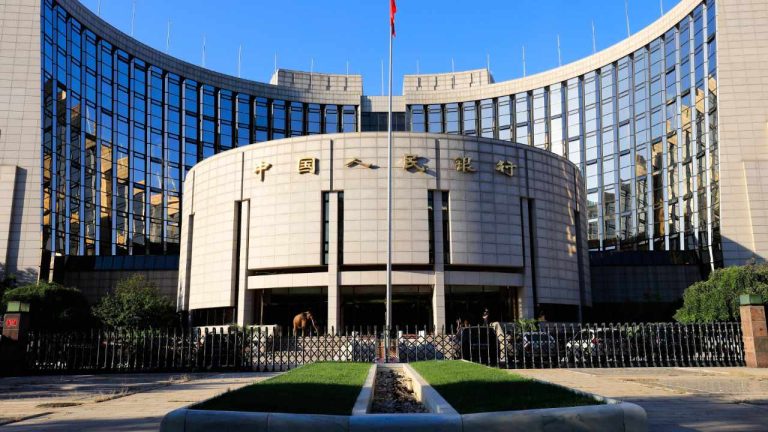
A senior representative of the People’s Bank of China (PBOC) has urged authorities to take into consideration the risks and fraud of cryptocurrencies when creating new regulations. He cited the recent collapse of two American banks that provided services to crypto customers as an example.
Regulators Should Consider Crypto Risks When Innovating Regulations
Xuan Changneng, deputy governor at the People’s Bank of China (PBOC), the Chinese central bank, recently addressed the Boao Forum about the potential risks that could come with financial innovations, including cryptocurrencies. He was quoted by Bloomberg as saying:
Risks and fraud associated with cryptocurrency, including the two American banks who ran into troubles after providing many services for cryptocurrency from taking deposits to settlement, showed that regulators should pay attention to rules when innovating regulation.
Although the Chinese central bank official did not mention specific banks, two crypto-friendly banks in the U.S. — Signature Bank and Silvergate Bank — recently failed. Signature Bank was seized by the New York State Department of Financial Services while Silvergate Bank underwent voluntary liquidation.
When discussing the need for ample room for innovation, the PBOC deputy governor noted that regulators need to “verify and confirm the new technologies applying to various financial models and products, rather than simply accepting or approving them.”
Furthermore, the central bank official emphasized:
The regulation philosophy, technology, and capability must be upgraded to ensure financial innovation won’t come at the cost of financial stability.
At the same forum on Friday, China’s Vice Minister of Finance and Deputy Director of the Office of the Central Commission for Financial and Economic Affairs, Liao Min, emphasized the importance of the Chinese government’s active participation in international cooperation and coordination of standards. He stated that China needs to get “deeply” involved.
What do you think about the warnings by the Chinese central bank official? Let us know in the comments section below.
Image Credits: Shutterstock, Pixabay, Wiki Commons
Disclaimer: This article is for informational purposes only. It is not a direct offer or solicitation of an offer to buy or sell, or a recommendation or endorsement of any products, services, or companies. Bitcoin.com does not provide investment, tax, legal, or accounting advice. Neither the company nor the author is responsible, directly or indirectly, for any damage or loss caused or alleged to be caused by or in connection with the use of or reliance on any content, goods or services mentioned in this article.